If you’re looking for one of the best 5-inch freestyle frames designed specifically for the DJI O4 Air Unit Pro, the GEPRC Vapor should definitely be on your radar. I recently reviewed the GEPRC Vapor D5 BNF drone and was impressed by the thoughtful frame design, robust build quality, and ease of use. That led me to buy another Vapor X5 frame kit to try out—and in this review, I’ll walk you through my thoughts on both versions.
New to FPV? Check out my FPV drone frame buyer’s guide for the basics: https://oscarliang.com/fpv-drone-frames/
Table of Contents
Where to Buy
You can pick up the GEPRC Vapor frame kits here:
- AliExpress: https://s.click.aliexpress.com/e/_okXKP9V
- Amazon: https://amzn.to/42p27nB
What’s in the Box?
The packaging is outstanding. GEPRC includes a generous set of accessories—possibly the most complete kit I’ve seen. There are a lot of individually labeled bags of screws and hardware, which might seem scary at first, but you don’t need to use all of them, and they will come in handy when you need them based on your specific build.
The included manual has pictures and very easy to follow, even for beginners. Instructions clearly indicate which screws go where—no guesswork involved.
X5 vs D5 – Which One Should You Get?
The Vapor frame comes in two variants:
- D5: Deadcat layout
- X5: True-X layout
You can learn more about frame configurations here: https://oscarliang.com/fpv-drone-frames/#Configuration.
Here’s the D5:
Here is the X5:
Which one you choose really depends on your flying style:
- For freestyle flying, the X5’s True-X layout is the better choice. It offers more balanced flight performance and snappier handling. Another advantage is that all four arms are identical and interchangeable, making it easier to manage spare arms and repairs.
- For cinematic flying, the D5’s deadcat layout is ideal. The front arms are longer than the rear arms, keeping the propellers out of the camera’s view entirely. While the X5 may show a bit of prop on the sides, it’s often minimal and might be cropped out when applying video stabilization (depends on the amount of stabilization).
Having built and flown both versions, I personally prefer the X5 for its flight characteristics and simplicity. But if keeping the props out of your footage is a top priority, the D5 is the way to go.
Specifications
- Wheelbase: 230mm
- Top Plate: 2.0mm
- Middle Plate: 2.0mm
- Bottom Plate: 2.5mm
- Arms: 5.0mm
- FC Mounting: 20×20mm / 30.5×30.5mm
- VTX Mounting: 20×20mm / 25×25mm / 30.5×30.5mm
- Motor Mounting: 16×16mm
- Camera Mounting Width: 19mm / 20mm
- Recommended Prop Size: 5-inch
- Weight (claimed): 206g
- Weight (measured): 221.6g (with all panels and TPU parts)
Designs and Features
The GEPRC Vapor X5 is clearly purpose-built for DJI O4 Pro Air Unit but remains versatile enough to support analog, Walksnail, or HDZero setups thanks to the included mounting options.
Highlights include:
- CNC aluminium camera cage with vibration-isolating silicone dampers for stable footage and crash protection
- Thick carbon fiber side bumpers instead of cheap TPU, for superior proection and durability
- Injection moulded plastic side panels (red & black included), which are both stylish and removable for maintenance or weight savings
- Well-finished carbon fibre parts with chamfered edges—no sharp cuts, no sanding required
- 3D-printed TPU accessories for antenna mounts, arm guards, GPS, VTX, receiver, and more
How to Assemble
The build process is smooth and beginner-friendly. With labeled hardware bags and a visual guide, everything falls into place effortlessly. Honestly, one of the most painless frame builds I’ve done in a while.
Bottom plate assembly:
Arms assembly:
Standoffs installation:
Capacitor holder installation:
CNC aluminium camera cage installation:
Antenna holder assembly:
For original DJI O4 Pro antennas:
For SMA/RP-SMA extension cables:
GPS holder installation:
Receiver holder / VTX stacking plates installations:
Side panels assembly:
Top plate and GoPro mount installation:
Slide the battery straps through the gaps under the top plate:
Install the two silicone adapters in the camera cage:
Install the 3D printed arm guards:
Here are a few shots after the frame has been assembled:
Downsides
The GEPRC Vapor frame is genuinely impressive, and I really like it. But as with any product, it’s not perfect—and it’s only fair to point out a few areas where it could be improved.
First, this is not a lightweight frame. The use of side panels and 3D printed parts adds both functionality and protection, but it also contributes to a heavier build. The roomy, robust frame design naturally uses more carbon fiber material, which adds to the weight as well.
GEPRC lists the frame weight at 206g, but that figure seems a bit optimistic. On my scale, with all side panels, 3D printed parts, and two battery straps installed, the total came to 221g.
That said, it’s not a dealbreaker—especially for freestyle pilots or beginners. A 5-inch FPV drone has more than enough power to handle the extra weight, and newcomers won’t notice a significant impact on performance. However, if you’re focused on racing or long-range efficiency, weight savings become more important, and this might not be the best frame for you.
The good news is, the side panels and most of the 3D printed accessories are removable. By stripping these off, you can reduce the total frame weight by 50g, bringing it down to a much more competitive 171g.
Being an X frame, you might see a bit of the propellers in the video. However, thanks to the long body design, it’s minimal—and applying stabilization will crop out most of it. Still, if that’s something you’re concerned about, the D5 version would be the better choice.
Lastly, while the included 3D printed parts are functional and thoughtfully designed, the print quality could be better. I noticed quite a bit of stringing on the TPU parts. It’s purely aesthetic—they work just fine—but it does slightly detract from the otherwise premium look and feel of the frame.
Full Build Log
I’m putting together a full build log showing how to build the Vapor X5 with DJI O4 Air Unit Pro from start to finish—stay tuned for that.
Conclusion – Should You Buy the GEPRC Vapor X5?
Absolutely. If you’re looking for a premium 5″ freestyle frame that plays nicely with the DJI O4 Air Unit Pro—and supports other FPV systems too—the GEPRC Vapor X5 is one of the best options on the market right now.
At around $60, it’s not the cheapest frame, but the attention to detail, material quality, and ease of assembly more than justify the price tag in my opinion. And no—this isn’t a sponsored review. I bought the frame with my own money.
It’s a frame designed by people who clearly fly and build regularly. It’s durable, thoughtfully engineered, and incredibly easy to work on. While it’s not the lightest option out there, the trade-off in build quality, ease of assembly, and compatibility makes it well worth the investment.
You can purchase the GEPRC Vapor frame kits here:
- AliExpress: https://s.click.aliexpress.com/e/_okXKP9V
- Amazon: https://amzn.to/42p27nB
Whether you’re a beginner building your first DJI O4 quad or an experienced pilot looking for a dependable freestyle frame—this one delivers.





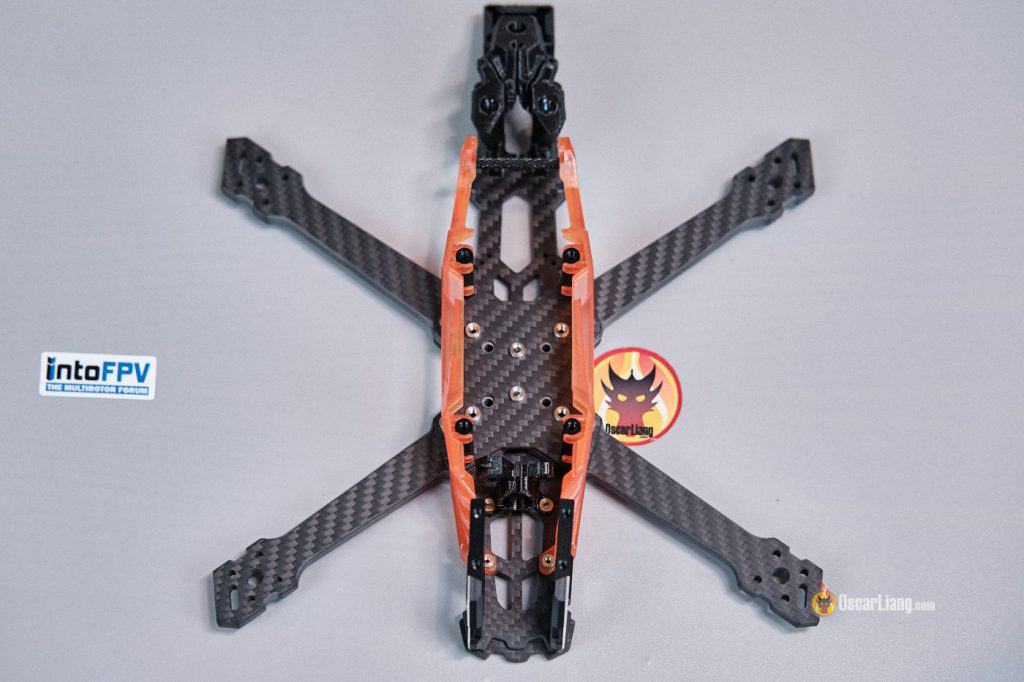
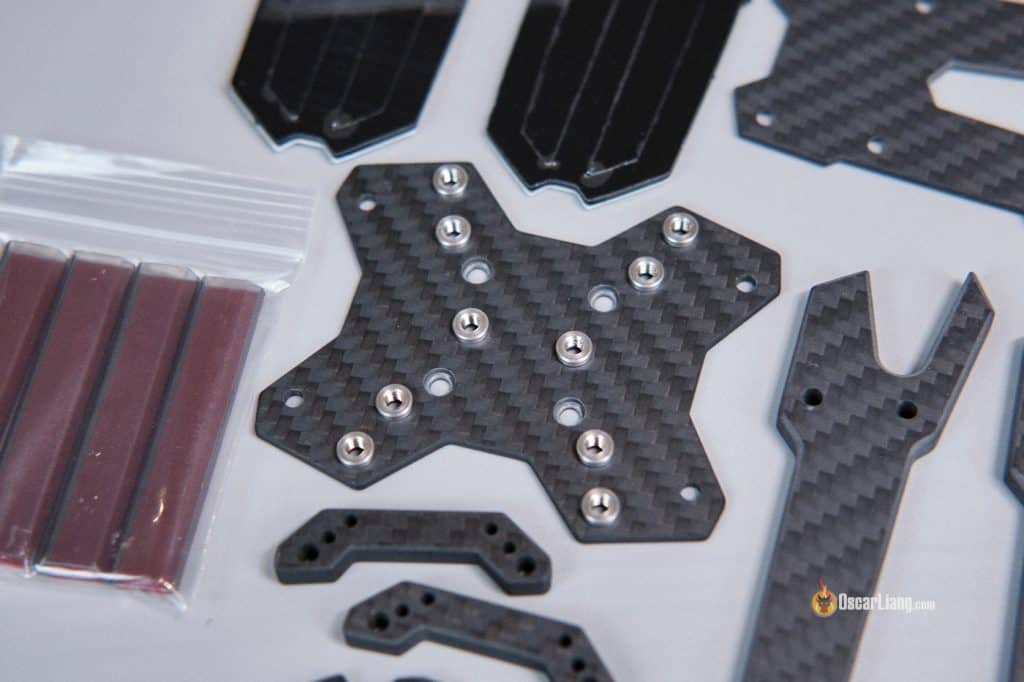



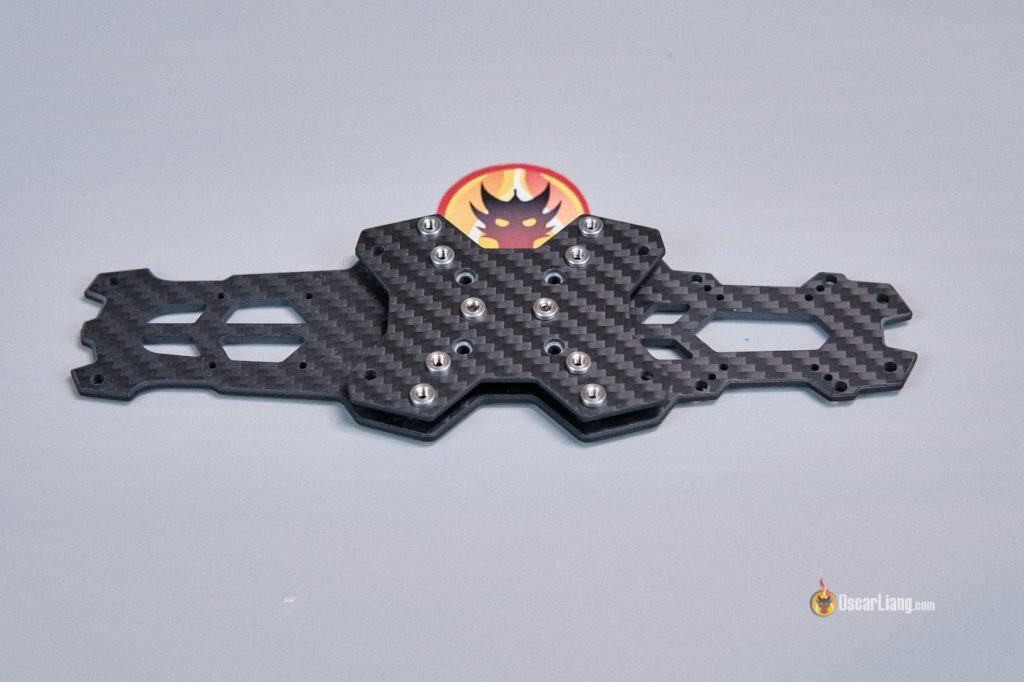
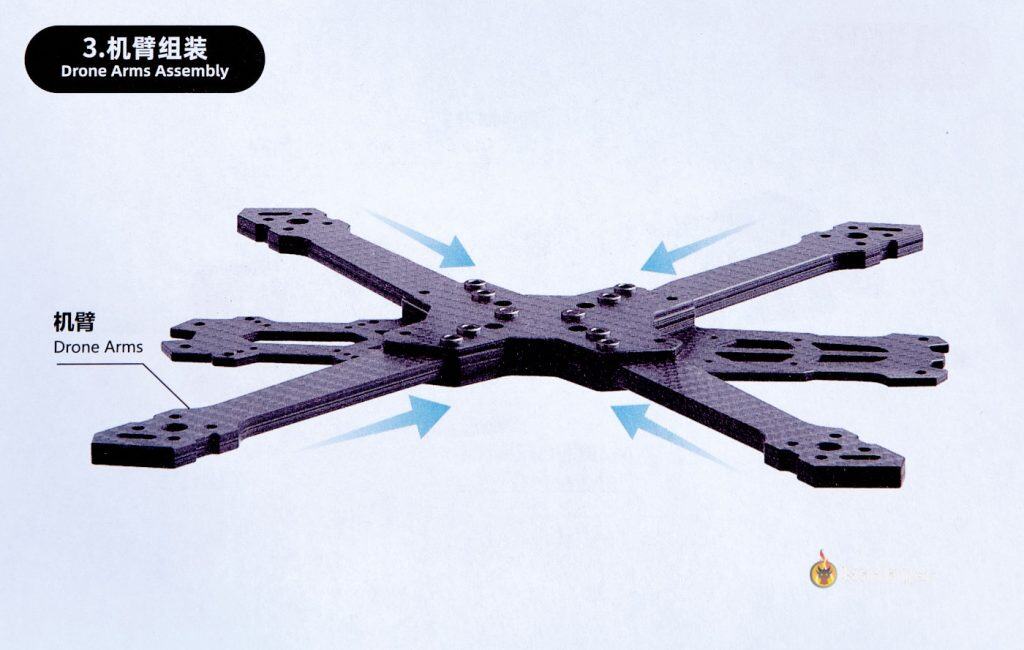

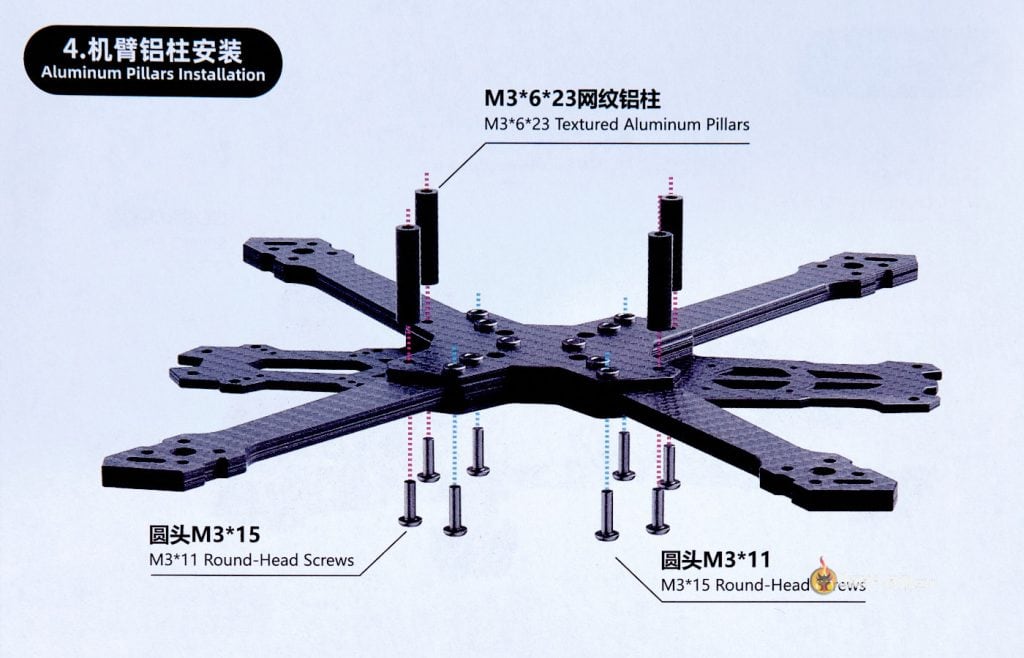

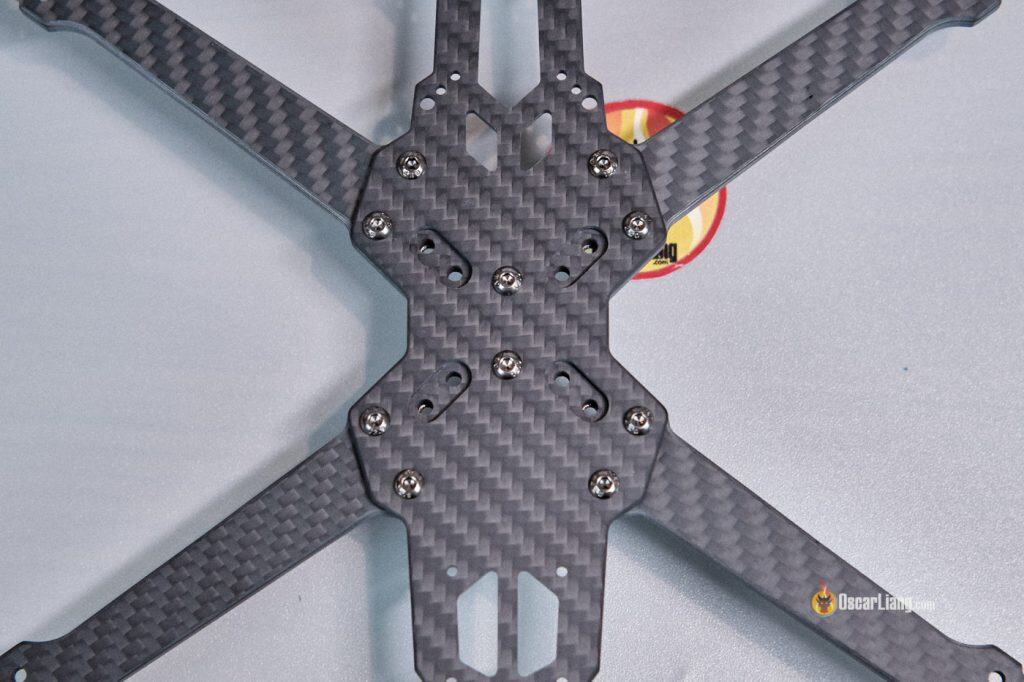


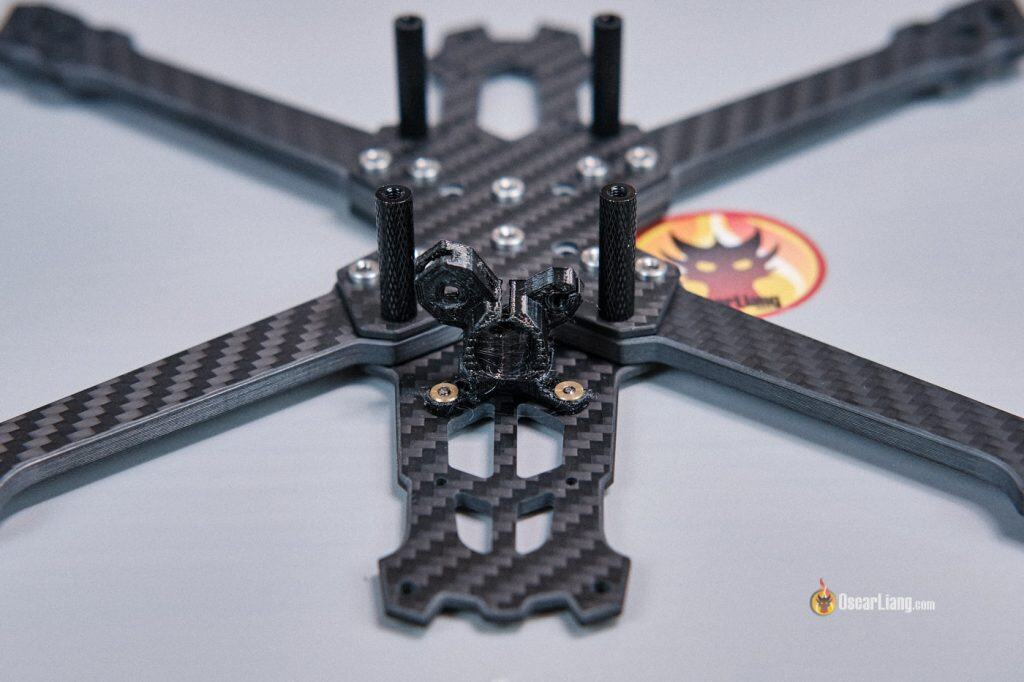

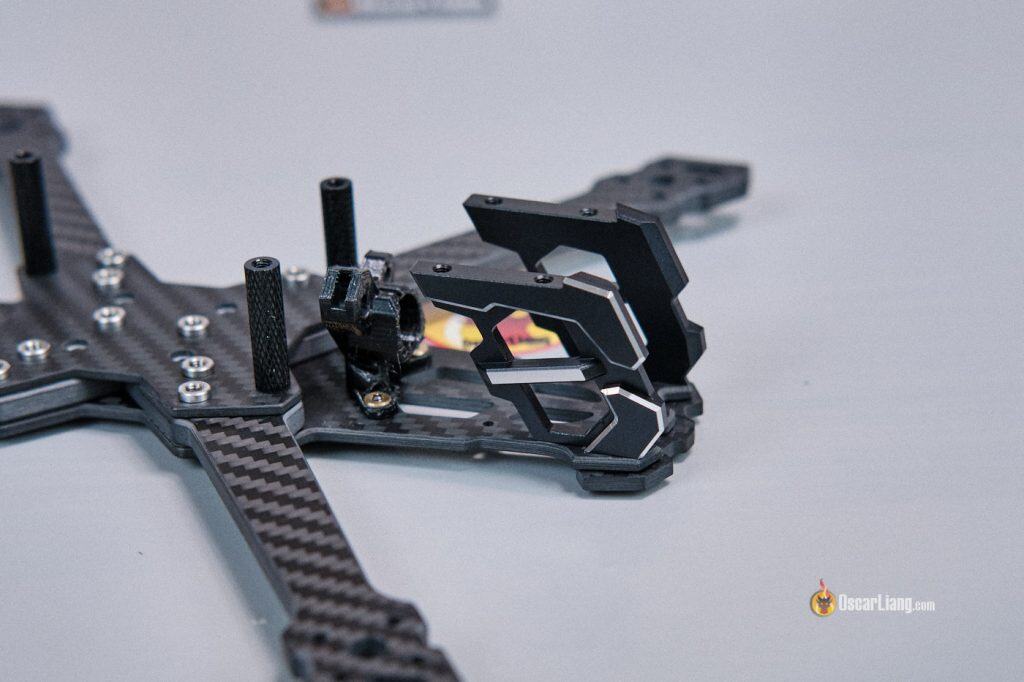


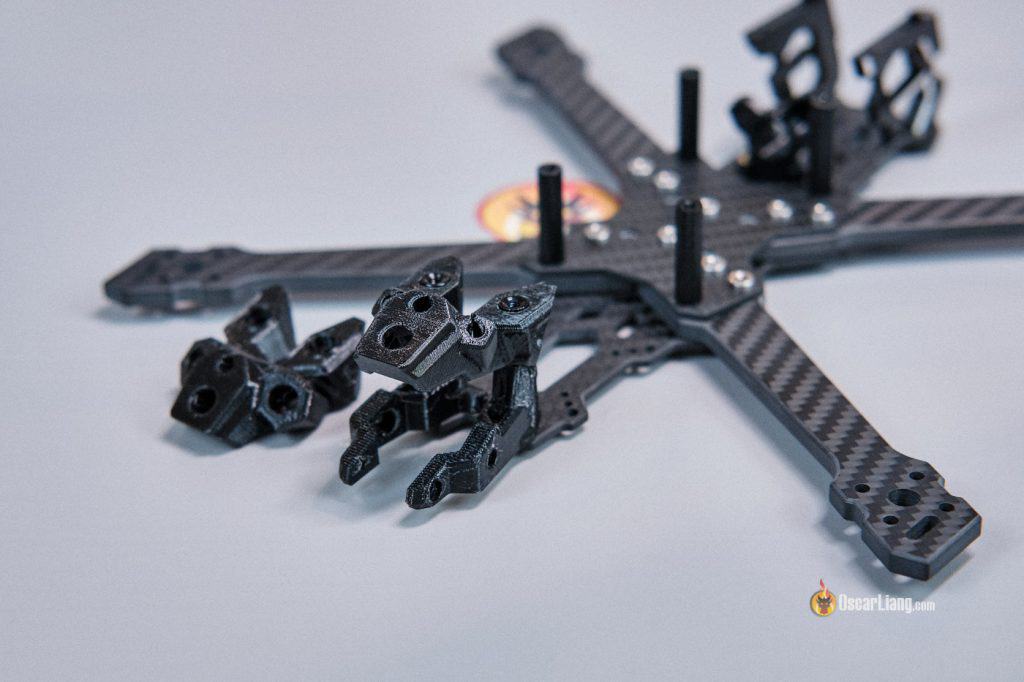

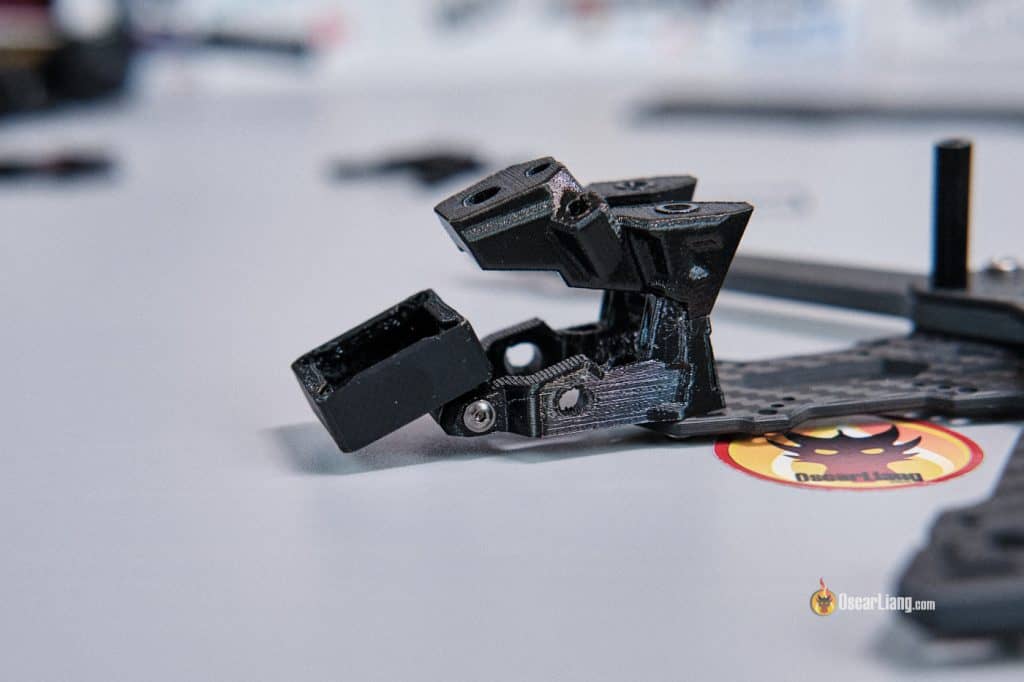
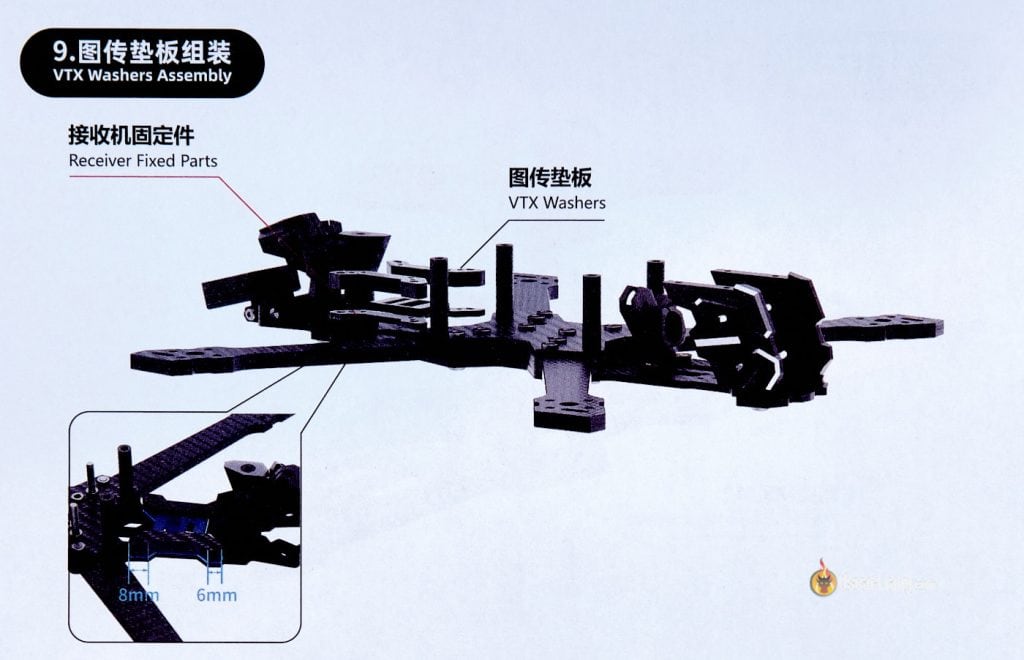

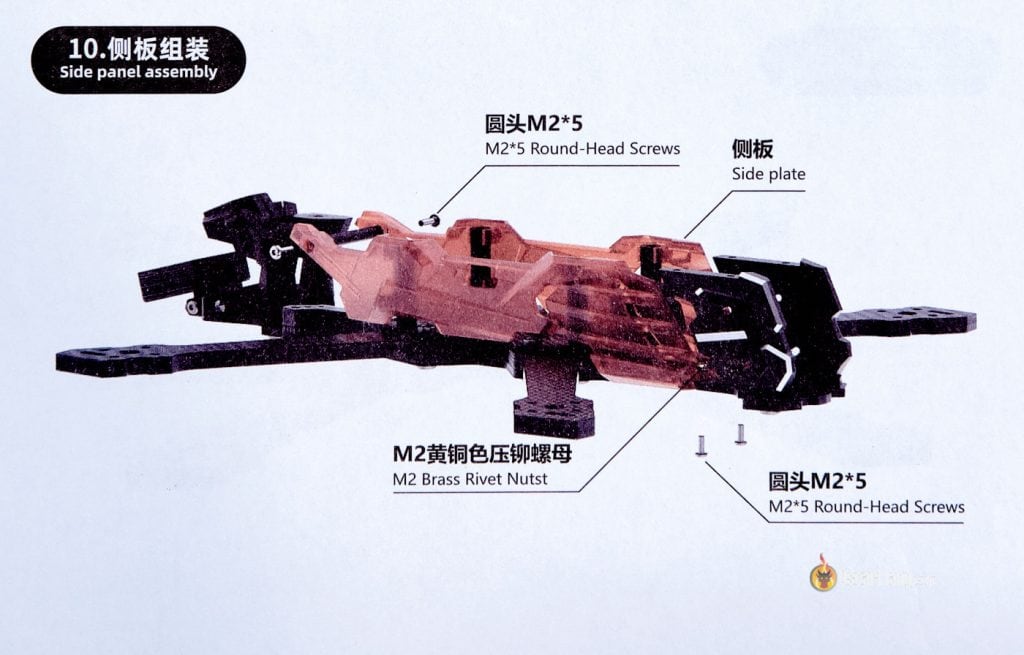
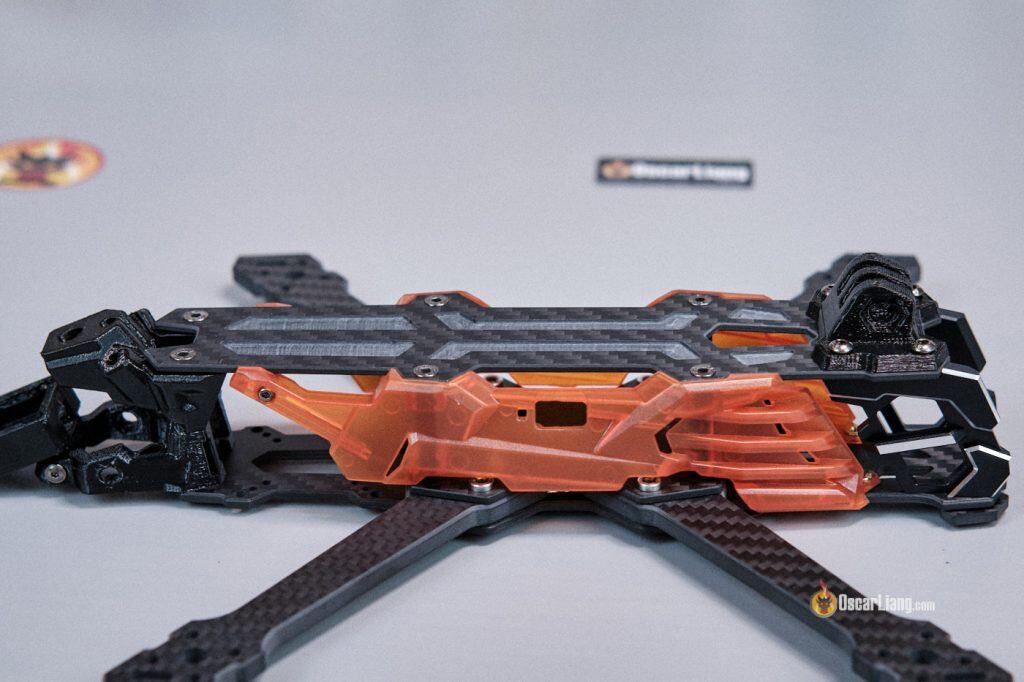
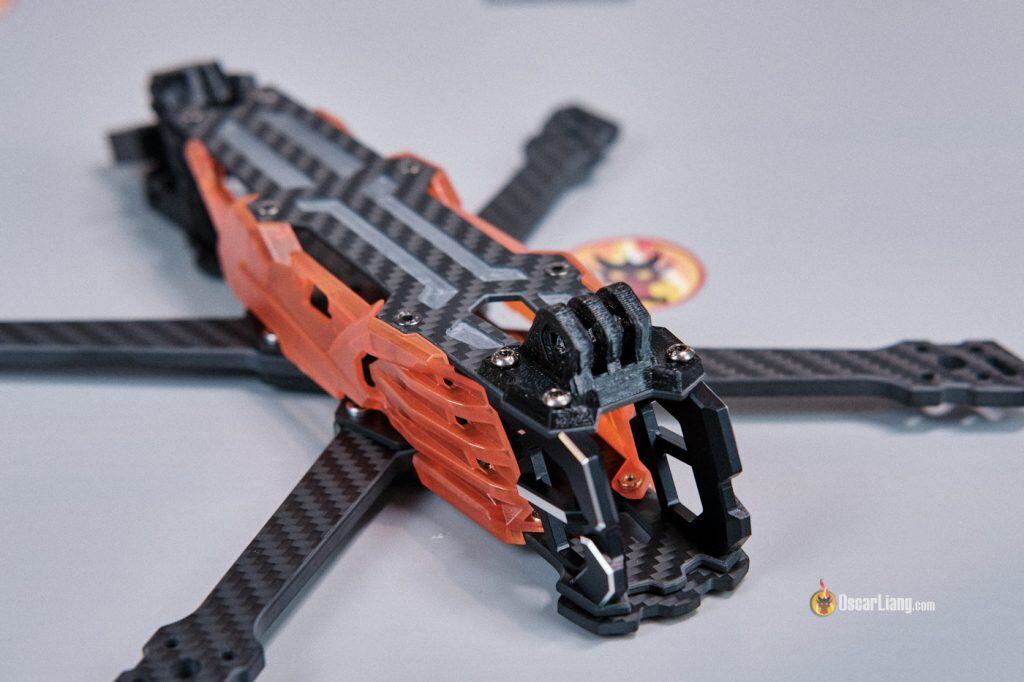


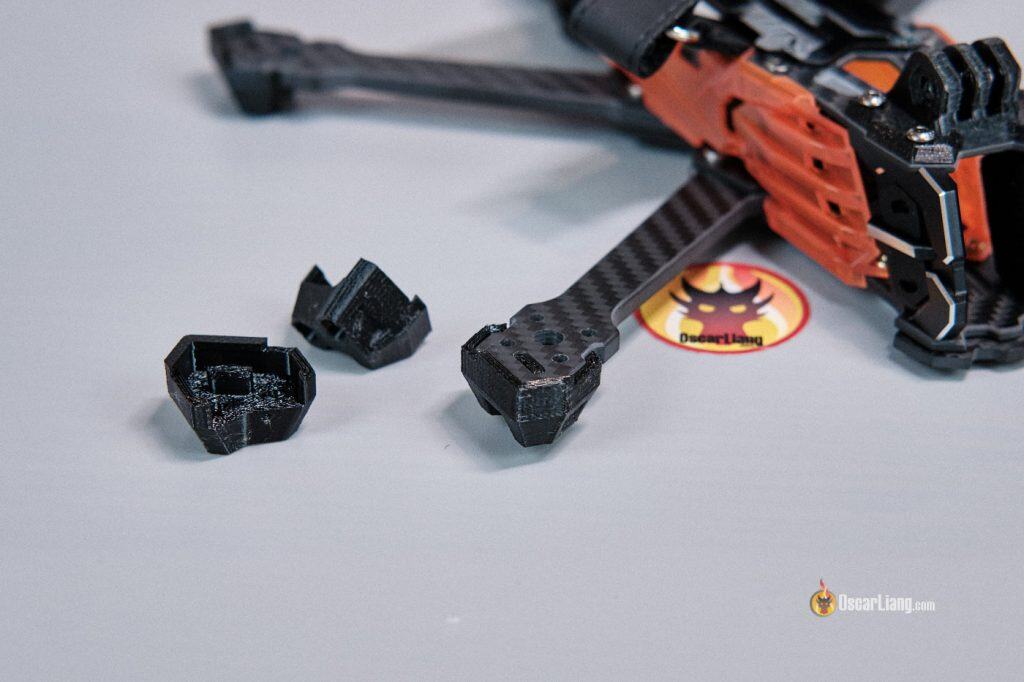



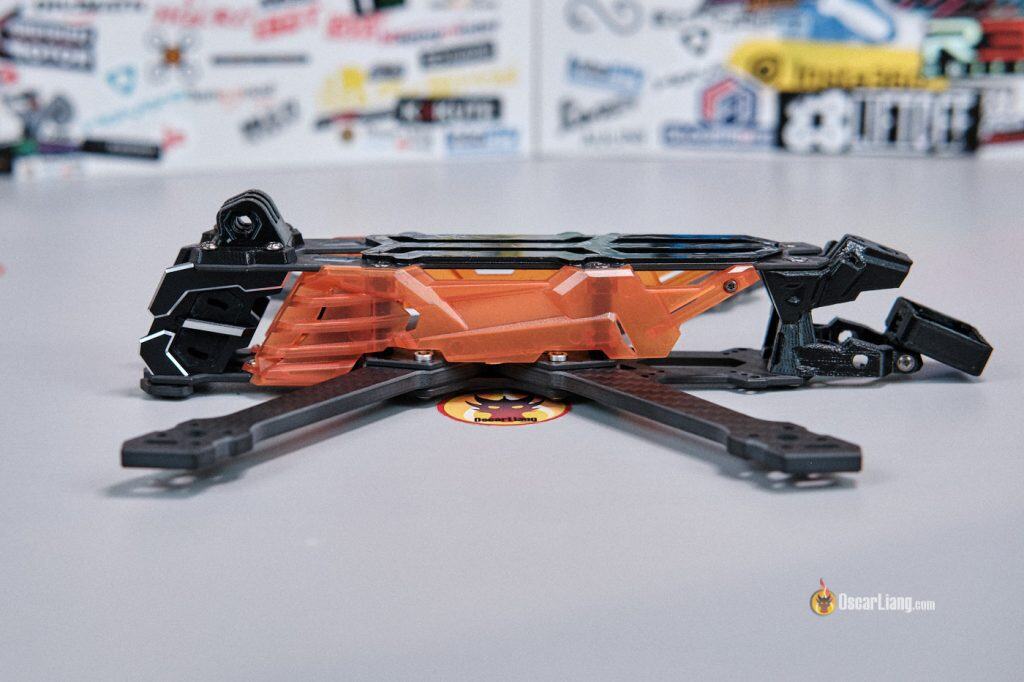
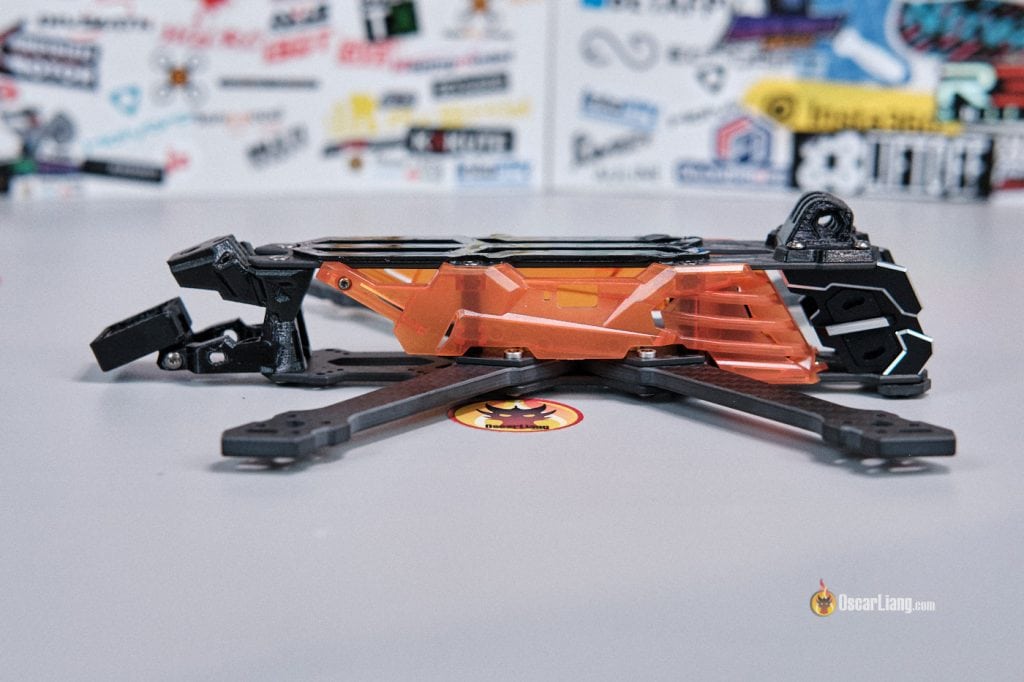
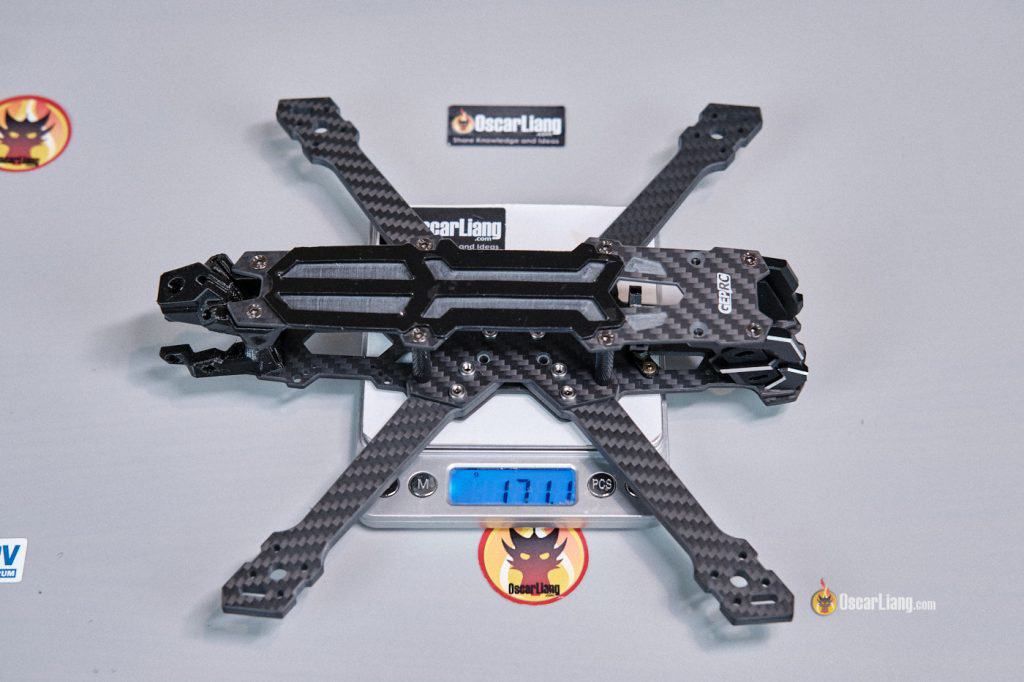
13 comments
One negative thing I have noticed with my D5 so far is that the motor magnets isn´t of ARC type. They are cheaper straight. 2 motors have some black paste inside, maybe from rubbing magnets. 2207E motor maybe isn´t worth it for those who build from scratch when a regular 2207 exists with arc magnets. Two of my motors now have slight noticable sound from bearing so I have asked Geprc about it. They asked me back what props I use since they were yellow instead of black. I currently run Gemfan 51366 but prefer iflight F5 5140.
The paste inside motor bells are for balancing, do not remove it or it will perform worse.
Hey Oscar,
Thanks for the write up. What would you say is the best cinematic 5 inch frame (o4 pro compatible)? I have been eyeing up the aos 5 v5 but you dont seem to have a review on it.
At the moment, I am loving the Vapor X5/D5 frames at the moment for O4 Pro setup. The selling point of the AOS5 is ease of tuning, but I really don’t find any need to switch from the Vapor, it flies and tunes just fine. Also they are priced similarly and you get a more complete package too such as 3D printed accessories and spare hardware. The vapor is just better value overall.
thanks for the reply.
Do you know if the Vapor X5 has the filters preset on betaflight? im not a fan of learning to tune so would love if it had presets available.
Im not a fan of the extra weight either, would you say its would be detrimental if i saved the weight and went with the same filter preset?
Just get the tune from their BNF model, so you don’t need to tune it yourself.
Awesome review as always Oscar. NGL I was pumped thinking this review would have the improvements that you had mentioned the possibility of writing in the original Vapor D5 review but sadly they weren’t here. Hope to see them from you some day, I’m at least hoping to see an improvement suggestion on the receiver end as I’m personally getting distance on vapor D5 with a radiomaster pocket. Cheers!
D5 improvements – that’s on my to-do list, currently I have some backlogs of reviews I need to do :) But hopefully I can get to it in the next 2-3 weeks.
Awesome, can’t wait to see it.
Same thought here Sam, really looking forward to that too, Oscar. Thank you for your great work, as always!
I bought the D5 just to get rid of the props. So 5140 isn´t visible on X5? I have not received it yet but is it possible to switch arms on the D5 to get the X5? How do you rate the flight stack compared with a Speedybee F405 V4 55A?
Actually I made a mistake which I’ve corrected: props are not entirely invisible in the X5, you can still see a little props on the sides, but when you apply stabilization it will zoom in and remove some of it. On a sunny day it’s even less noticeable. But if you are concerned about having even a tiny bit of props in footage, get the D5. For purely freestyle flying, the X5 is definitely better. I prefer the Speedybee Stack – at least they are not using the test version of BLHeli_32 which is now dead. Ease of build and flight performance are similar. I am actually working on a Vapor build log with Speedybee stack, stay tuned.
I received my D5 yesterday and it came with bluejay 0.21.0 on the esc. Feels a bit heavy to fly compared with my speedybee master 5v2 with 2207 yuki 2110kv motors. 5136R props responded nice but didn´t bite as much as I prefer. The iFlight F5 5140 is my overall choice for both. I also prefer throttle expo 0,45 and lower th mid curve 0,05 since i fly a lot of 3d helicopters. 60 center sensitivity was better than the 90 it came with and expo in top of that.